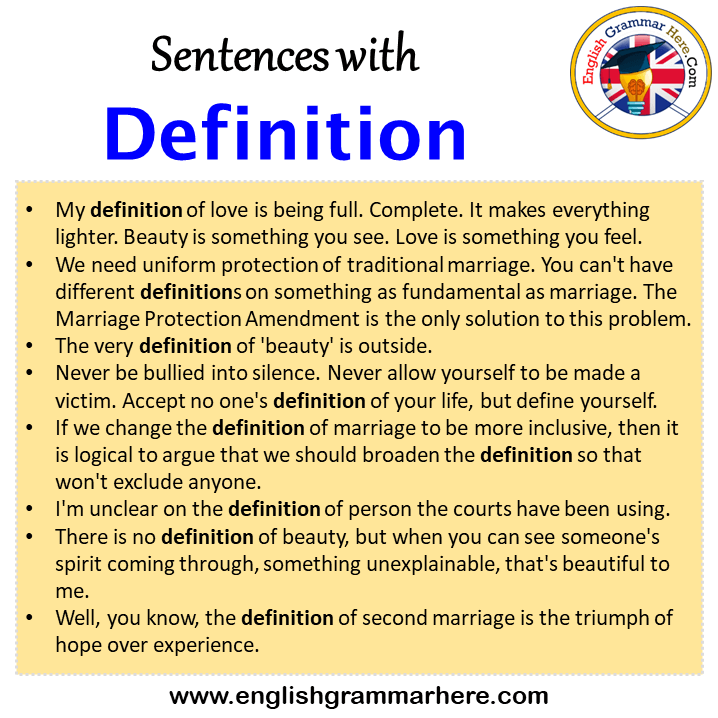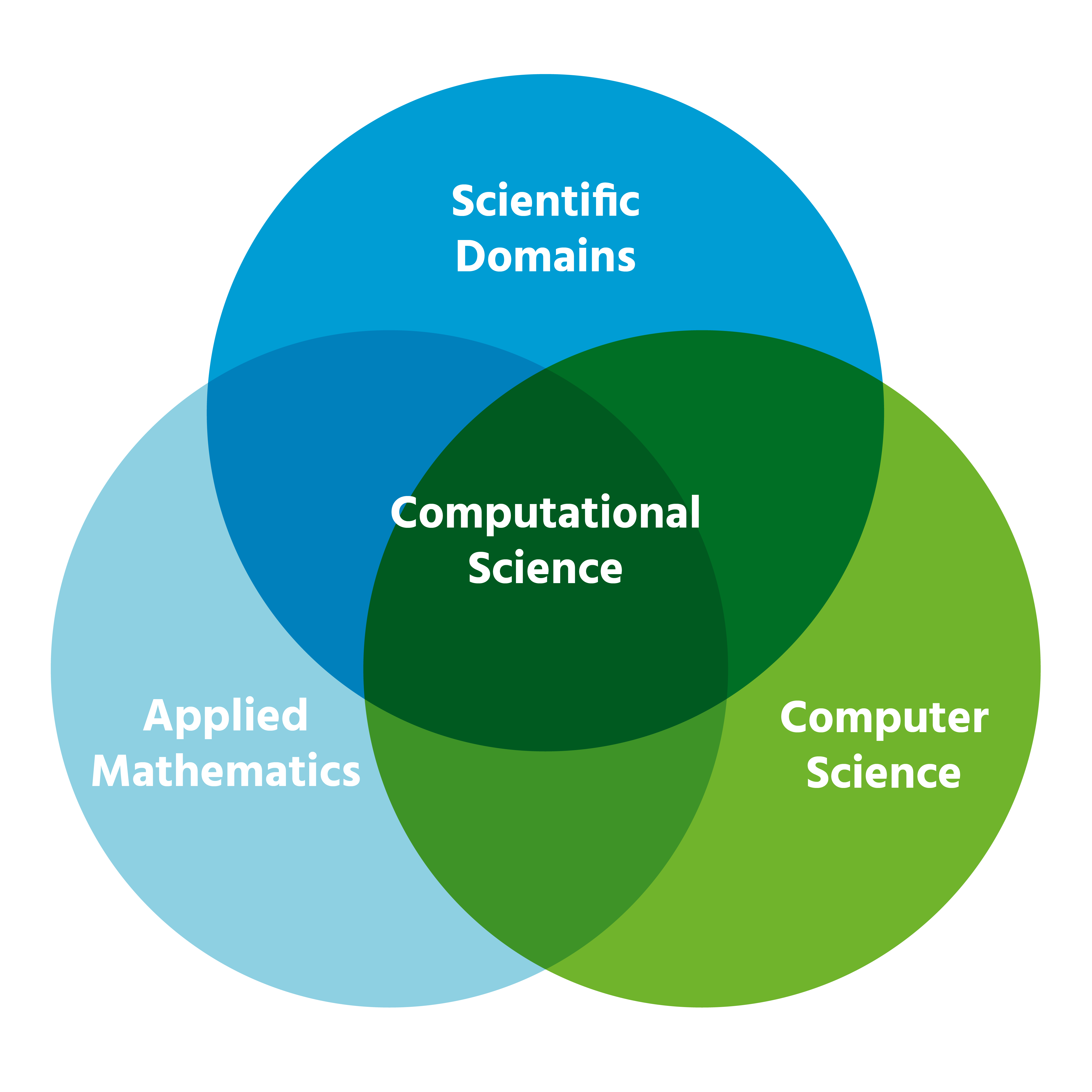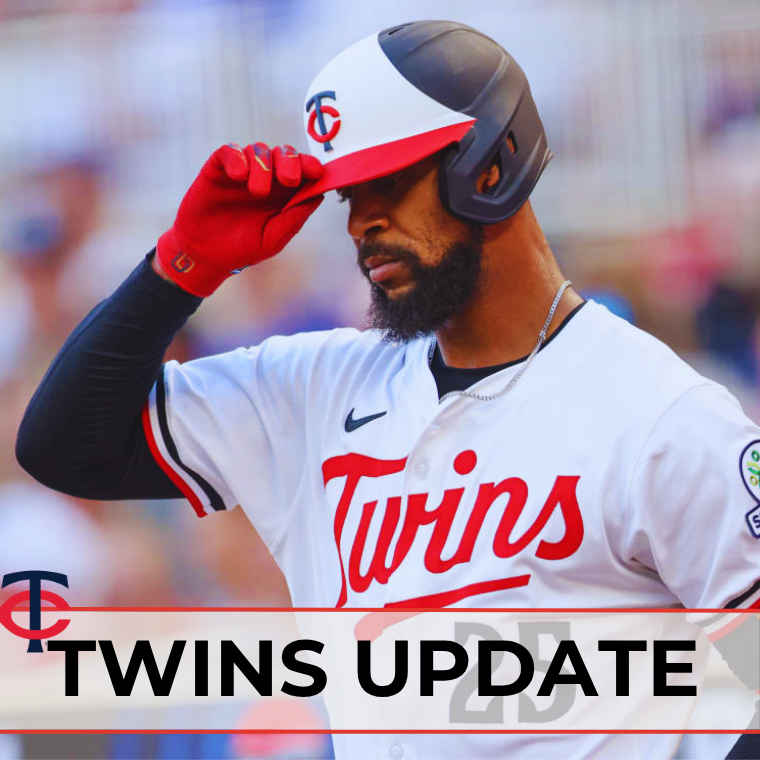Understanding the Distinction: Is God a Religion or the Focus of Religion?
Introduction: Exploring the Core Question
One of the most common inquiries in religious discourse is whether God can be considered a religion, or if God is the subject around which religions are organized. This distinction is fundamental to understanding not only theology, but also the lived experience of faith and spirituality around the world. In this article, we will clarify the difference between God as a concept or being, and religion as a system of beliefs and practices, drawing from authoritative sources and providing actionable steps for those interested in exploring these topics further.
Defining God and Religion: Key Distinctions
To address the question, it is essential to define the terms involved:
God
is generally understood as a
supernatural being
or
deity
that is considered sacred, worthy of worship, and typically viewed as having authority over the universe or aspects of life. The concept of God varies widely across different cultures and religions, spanning from the monotheistic God of Abrahamic faiths to the complex pantheons of polytheistic traditions. Some philosophical systems even regard the divine as an impersonal principle or ultimate reality, such as Brahman in Hinduism
[3]
.
Religion , on the other hand, refers to an organized system of beliefs, rituals, moral codes, and practices that are centered around the worship of a higher power or powers. Religions provide structure, community, and a framework for understanding the divine, moral conduct, and life’s purpose [4] .
Based on these definitions, it is clear that God is not a religion . Rather, God (or gods) is the focal point or subject of religious belief, devotion, and practice [1] . Religions are the organized expressions of belief in God or the divine, not the deity itself.
Historical and Cultural Perspectives on God and Religion
The distinction between God and religion is evident across historical and cultural contexts. In monotheistic traditions like Christianity, Judaism, and Islam, God is viewed as the supreme being, creator, and central object of faith. These religions developed systems of worship, doctrine, and community life around their concept of God, but God exists independently of the particular religion [4] .
In many polytheistic religions, gods are seen as powerful beings governing different aspects of nature or human experience. Religious systems organize worship, rituals, and myths around these deities, providing meaning and social cohesion. Still, the gods themselves are not the religion; they are the objects of religious focus [3] .
Some traditions, especially within Hinduism and certain strands of philosophy, approach the divine as an ultimate principle or reality rather than a personal god. Even in these cases, the religious system (Hinduism, for example) is distinct from the divine principle (Brahman) it aims to describe or realize [3] .
Theological Insights: Is God Above Religion?
Many theologians and religious thinkers argue that God transcends religion altogether. According to some interpretations, God does not belong to any religion, nor is God limited by human-made systems. Instead, religions are understood as humanity’s attempts to understand, worship, and relate to the divine [1] . For example, Christian teachings sometimes emphasize that God created religions as vehicles for people to connect with the divine, but God is not defined or limited by those systems.
This view is echoed in various faith traditions. For instance, in Islam, the concept of
tawhid
(oneness of God) places God above all man-made distinctions. In many Christian perspectives, God is seen as inviting individuals into a direct relationship that can exist both within and outside formal religion
[2]
.
Religion as Relationship: Practical Implications
While religion is often perceived as a set of rules or rituals, many faith leaders highlight the relational aspect between God and believers. For example, Christianity is sometimes described as a “relationship, not a religion,” emphasizing personal connection over ritual observance. However, most scholars agree that religion provides the communal and practical framework for believers to express, nurture, and deepen this relationship [2] . Rituals, prayers, and community gatherings are tools for individuals to engage with the divine.

Source: v2.anonup.com
The practical implication is that those seeking to connect with God can do so both within and outside organized religion. Attending religious services, engaging in prayer, and joining community groups can facilitate spiritual growth, but personal study, meditation, and acts of compassion are also valid pathways.
How to Explore Belief in God and Religion
If you are interested in exploring belief in God or joining a religious community, consider the following steps:
- Reflect on your beliefs and values. Take time to consider what you believe about the divine, life, and morality. Journaling or discussing with others can help clarify your thoughts.
- Research major religions and spiritual traditions. Read introductory texts, visit reputable educational websites, or attend informational sessions at local religious institutions. Many community centers and libraries offer interfaith resources and discussion groups.
- Visit places of worship. Most religious communities welcome visitors. Attending services, speaking with clergy, and observing rituals can provide insight into the lived experience of faith.
- Engage with online resources. Many established religious organizations maintain websites with educational materials, service schedules, and contact information for further inquiry.
- Consult with leaders and practitioners. Speaking directly with religious leaders or experienced practitioners can help answer specific questions and provide guidance on next steps.
If you wish to pursue formal membership or study within a particular religion, it is advisable to contact local places of worship, such as churches, synagogues, mosques, or temples. Many organizations offer introductory courses, mentorship, or counseling for newcomers.
Examples and Case Studies
Consider the following real-world examples:
Case Study 1: Exploring Christianity Jane, seeking to understand the Christian view of God, attends local church services and enrolls in an introductory Bible study. She engages with clergy and other attendees to learn about the Christian understanding of God as revealed in Jesus Christ. Jane discovers that while Christianity is a religion with doctrines and rituals, its central focus is a relationship with God [2] .
Case Study 2: Discovering Hindu Thought Ravi, interested in the concept of Brahman, visits Hindu temples and reads classic texts like the Upanishads. He learns that while Hinduism is a religion, its philosophical core explores the idea of God as an ultimate, transcendent principle present in all beings [3] .
Potential Challenges and Solutions
Individuals exploring questions about God and religion may face several challenges:
- Confusion over terminology: The terms “God” and “religion” are often used interchangeably in popular discourse, leading to misunderstandings. Solution: Consult reputable dictionaries or academic sources for precise definitions.
- Overwhelming diversity: The wide variety of beliefs and practices can be daunting. Solution: Start with broad overviews and gradually delve into specific traditions or questions.
- Social or cultural pressure: Family or community expectations may influence individuals’ exploration of faith. Solution: Seek guidance from neutral counselors or interfaith organizations.
Alternative Approaches to Spiritual Inquiry
Not everyone approaches God or religion through traditional channels. Some choose personal spirituality, blending practices from various traditions or focusing on individual meditation and reflection. Others engage with philosophy or science to explore questions about the divine. Resources such as public libraries, university courses, or interfaith networks can support these explorations.

Source: walmart.com
If you are unsure where to begin, consider searching for “interfaith dialogue groups” or “comparative religion courses” in your area. Local universities, community centers, and online forums often provide accessible entry points.
Key Takeaways
In summary, God is not a religion ; rather, religion is a human system designed to express, explore, and deepen understanding or relationship with God. Religions offer diverse pathways for individuals to engage with the divine, but the concept of God transcends any single tradition or system. Whether you seek a personal relationship with a higher power or wish to join a religious community, numerous resources and pathways are available. By approaching your inquiry with openness and a willingness to learn, you can find the tradition or approach that resonates most with your values and experiences.
References
MORE FROM searchhole.com













